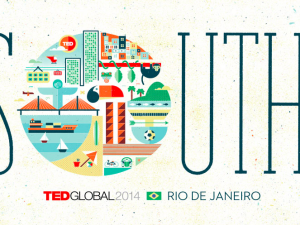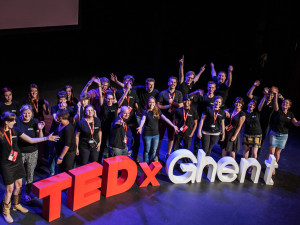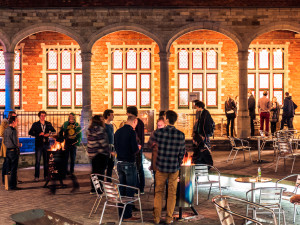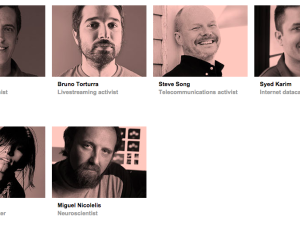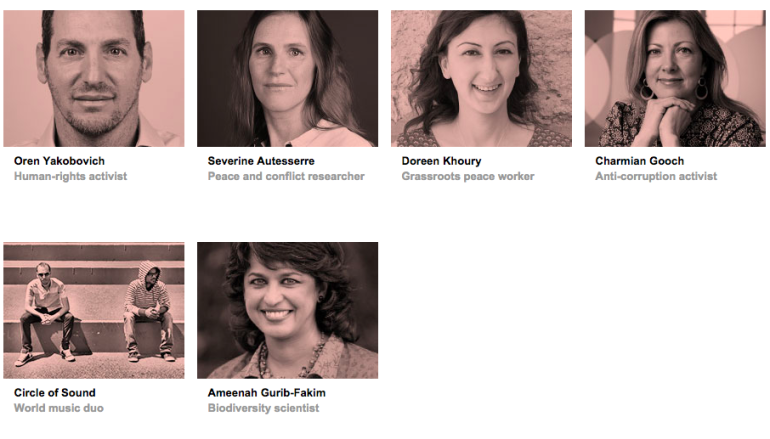
This Thursday, we’ll bring you two blocks of fascinating TED talks directly from Rio de Janeiro. Yes, this is where TEDGlobal 2014 will be taking place, and – lucky for you – we will be broadcasting some of the most interesting talks at Sphinx cinema. We’re completely sold out, but if you sign up for the waitlist, maybe you can still get a ticket if anyone cancels.
Until then here’s something to keep your curiosity satisfied – keep reading for details on the first block we will broadcast; “Field Work”. Hosted by Chris Anderson, the curator of TED, this block introduces people and organizations that aim at addressing local issues with far reaching consequences.
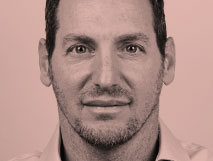
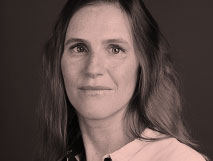
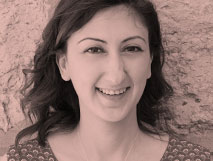
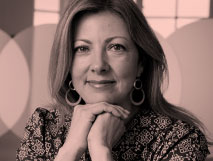

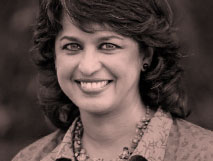
More information on block 2 speakers will follow soon!
1 Comment
Pingbacks
-
[…] Get ready for TEDxGhentLive […]

